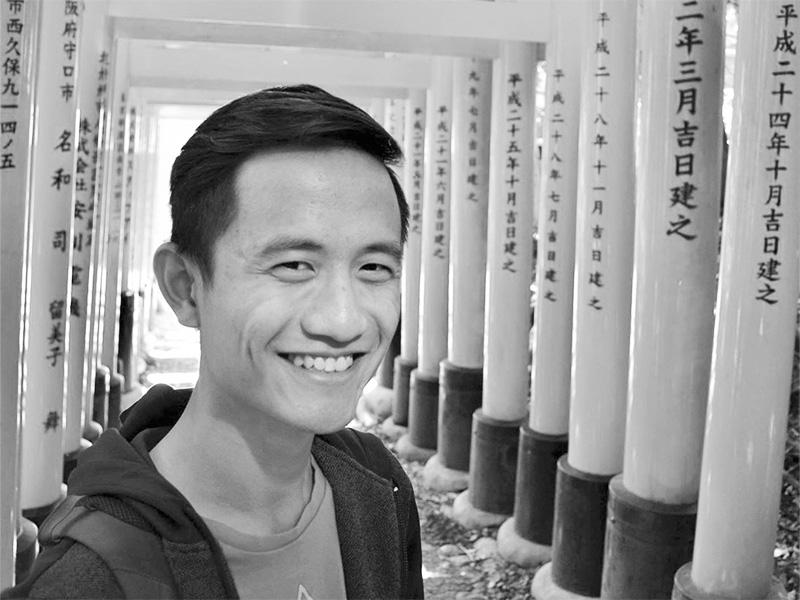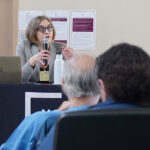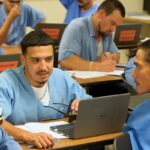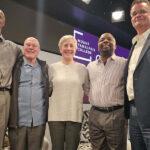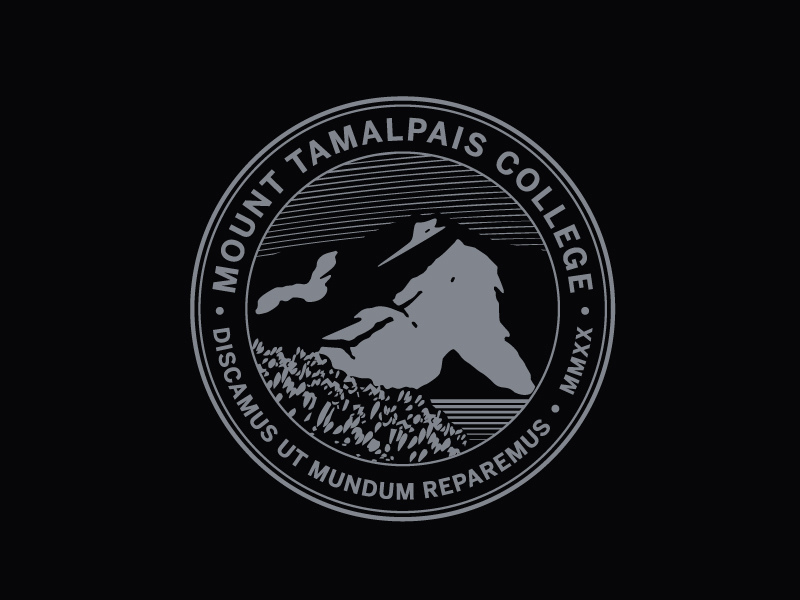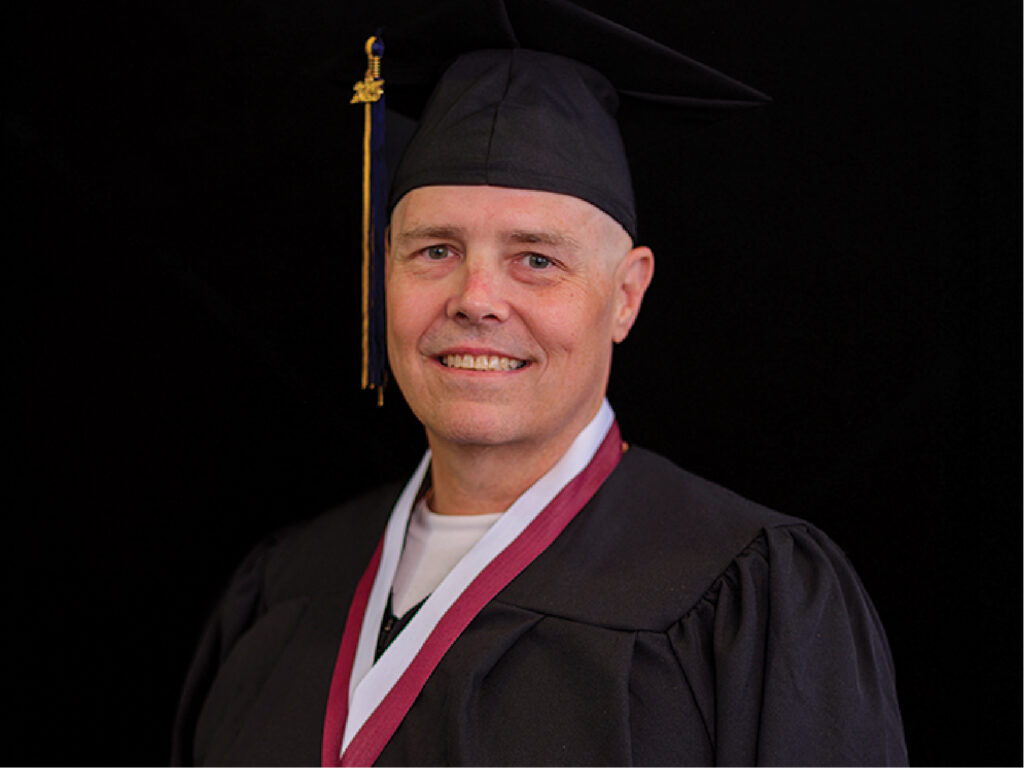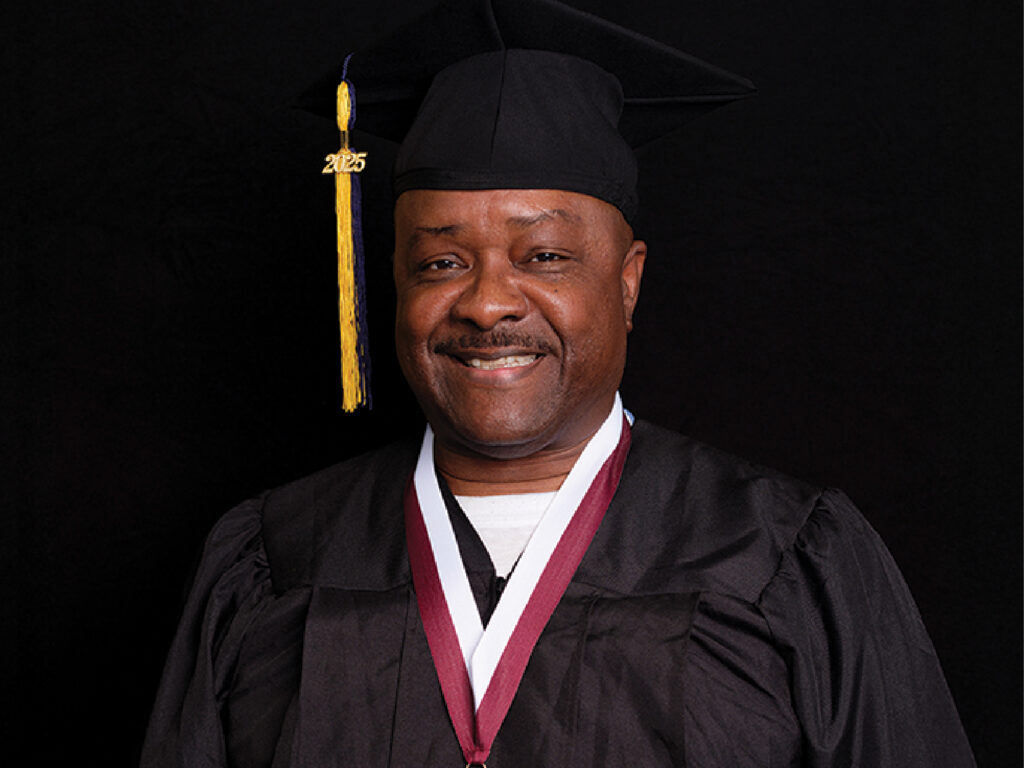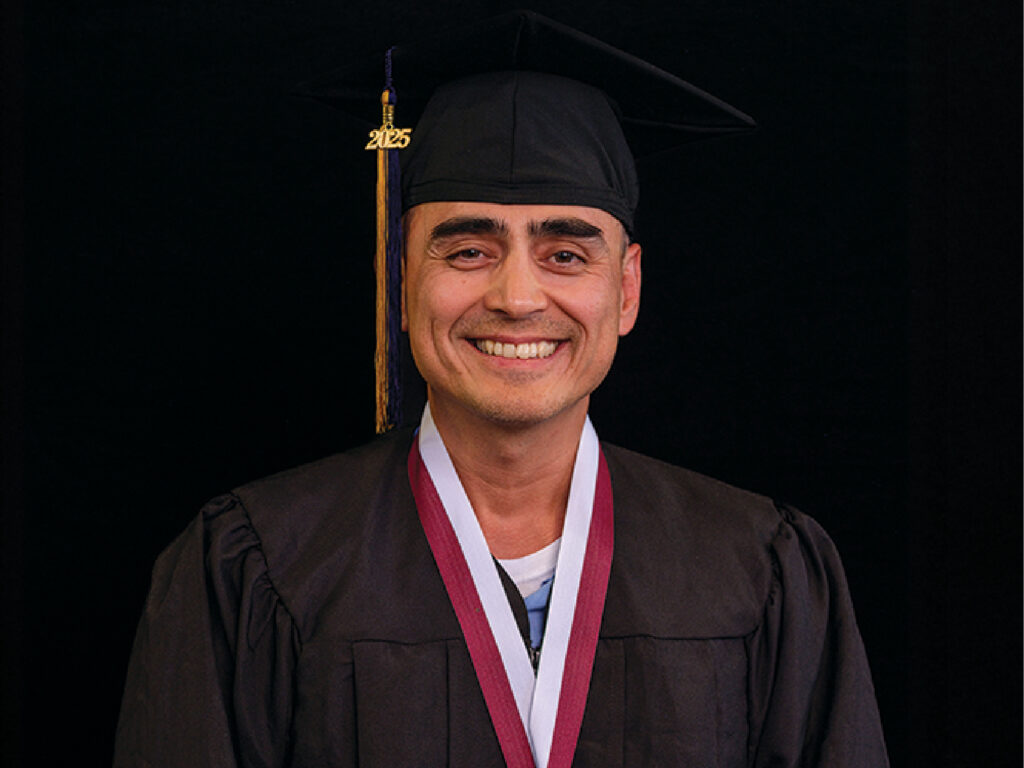An Interview with Zaw Htet, MTC’s Math & Science Program Director
Zaw Htet, Math & Science Program Director at Mount Tamalpais College, is one of many dedicated teachers who provide innovation and hope where it is not always found. We interviewed Zaw to gather important insights into the teaching journey, unique challenges, and groundbreaking approaches to prison education.
A Journey of Dedication
With a background in engineering physics and biophysics and a passion for teaching, Zaw initially taught intermediate algebra classes, led a “Frontiers in Science and Technology” workshop, and volunteered in many organizations that provide education opportunities for minorities such as Upward Bound, Refugee Transitions, Be A Scientist, and Bridges to Baccalaureate Programs.
Zaw, who has been working at MTC since November 2022 says, “I love teaching or education in general. I strongly believe that access to affordable quality higher education is fundamental to empowering individuals, reducing inequality, and fostering societal progress.” Zaw’s role at MTC includes teaching math and science, managing and supporting faculty, and developing curricula tailored to the unique environment of a correctional facility.
Overcoming Obstacles
Teaching in prison presents myriad challenges that extend beyond the classroom. The challenges of Zaw’s role are not unique to teaching Math and Science; they are those faced by anyone learning or operating a college in a prison setting. Security concerns, limited resources, and the diverse educational backgrounds of those people incarcerated are just a few of the hurdles Zaw faces daily.
Another challenge is communicating with students promptly. “I find the logistical barriers imposed by the prison most challenging,” Zaw shared. “ For example, due to the lack of reliable educational technology, instructors are not able to communicate with students in real time. Every communication takes longer and involves more logistics in prison education.”
Transformative Teaching Approaches
Despite these obstacles, Zaw has introduced several innovative approaches that have significantly enhanced the learning experience for students at MTC. Having led a “Frontiers in Science and Technology” workshop, Zaw’s methods emphasize practical application and hands-on learning, which resonate well with the students. “I would like to add exposure to cutting-edge science and technology breakthroughs from world-class scientists and researchers from Berkeley, UCSF, and Stanford,” Zaw stated. Students were able to observe antimatter particles using the cloud chamber in the workshop.
Zaw asserts that classroom teachings “do not change drastically” when teaching at San Quentin vs. in other education institutions. However, Zaw focuses on creating a supportive and motivating classroom environment. “The most important practice I have used to engage the class effectively,” Zaw said, “is to recognize and treat students as active participants in their learning journey rather than passive recipients of information. I have focused and intentionally incorporated trauma-informed teaching practices.”
Looking Ahead
Looking ahead, Zaw is optimistic about the future of prison education. Zaw advocates for increased support and resources, emphasizing that education is a crucial component of rehabilitation and reintegration. However, with all those tools, there is one component that must be integrated, and that is trust. “Trust,” Zaw said, “is really important in the classroom and building trust is the key to fostering a respectable learning environment for the students. …having an honest conversation builds trust in the classroom.”
“Creating a dynamic and inclusive learning space where students feel respected and empowered leads to deeper engagement and meaningful learning experiences,” Zaw says. “This varies from classroom to classroom and I am still learning from each class I have taught.”
